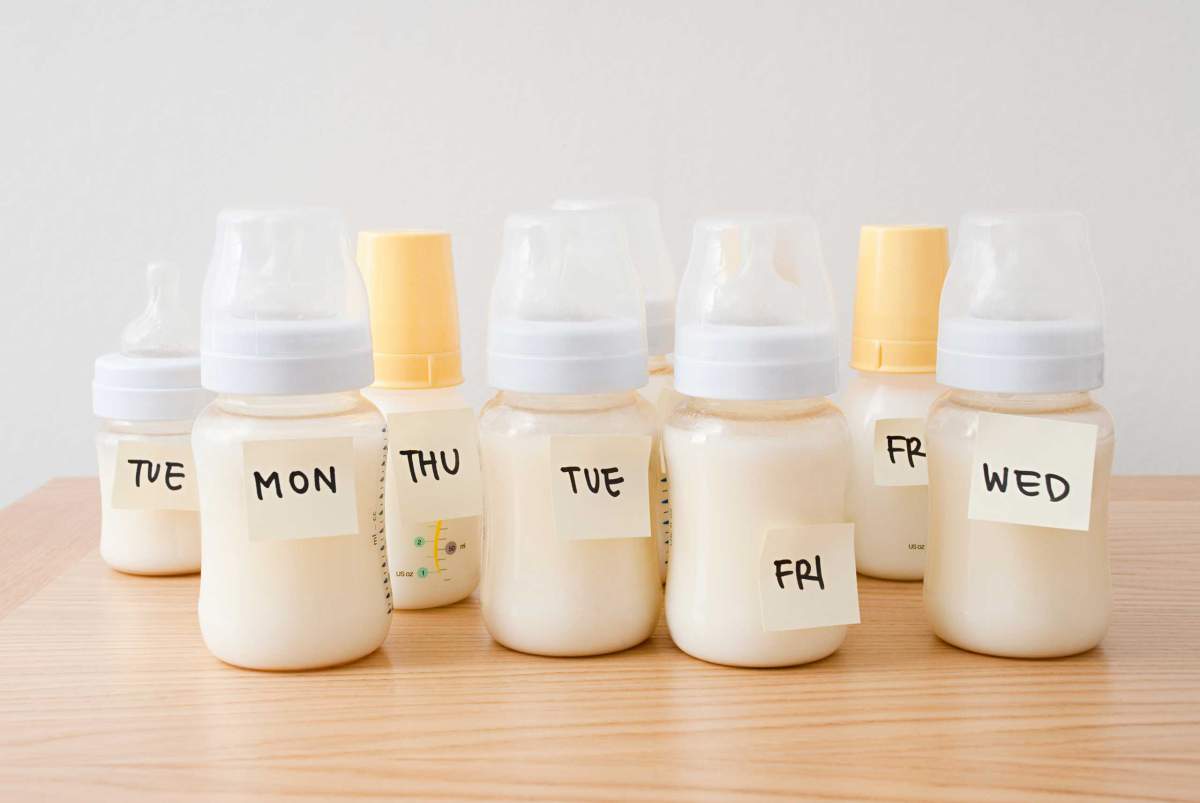I got this brochure while attending mental health event on 2016. I am writing it in a blog to be referred in future or for whoever need it. Please go and meet health professional if you think you have this issue.
Did you go through intense moods? Do you feel very happy and energized some days, and very sad and depressed on other days? Do these moods last for a week or more? Do your mood changes make it hard to sleep, stay focused, or go to work?
Some people with these symptoms have bipolar disorder, a serious mental illness.
What is bipolar disorder?
Bipolar disorder is a serious brain illness. It is also called manic-deressive illness. People with bipolar dosprder go throygh unusual mood changes. Sometomes they feel happy and ‘up’ and are muc more active than usual. This is called mania.
And sometimes people with bipolar disorder feel very sad and ‘down’, and are much less active. This is called depression. Bipolar disorder can also cause changes in energy and behaviour.
Bipolar disorder is not the same as the normal ups and downs everyone gone through. Bipolar symptoms are more powerful than that. They can damage relationships and make it hard to go to school or keep a job. They can also be dangerous. Some people with bipolar disorder try to hurt themselves or attempt suicide.
People with bipolar disorder can get treatment.With help, they can get better and lead successful lives.
What develops bipolar disorder?
Anyone can develops bipolar disorder. It is often starts in a person’s late teen or early adult years. But children and adults can have bipolar disorder too. The illness usually lasts a lifetime.
What causes bipolar disorder?
Several factors may contribute to bipolar disorder, including:
- Genes, because the illness runs in families
- Abnormal brain structure and brain function
The causes of bipolar disorder aren’t always clear. Scientist are finding out more about the disorder by studying it. This research may help doctors predict whether a person will get bipolar disorder. One day, it may also help doctors prevent the illness in some people.
What are the symptoms of bipolar disorder?
Bipolar mood changes are called ‘mood episodes.’ People may have manic episodes, depressive episodes, or ‘mixed’ episodes. A mixed episode has both manic and depressive symptoms. These mood episodes cause symptoms that last a week or two – sometimes longer. During an episode, the symptoms last every day for most of the day.
Mood episodes are intense. The feelings are strong and happen along with extreme changes in behaviour and energy levels.
People having a manic episode may:
- Feel very ‘up’ or ‘high’
- Feel ‘jumpy’ or ‘ weird’
- Talk really fast about a lot of different things
- Be agitated, irritable, or ‘touchy’
- Have trouble relaxing or sleeping
- Think they can do a lot of things at once and are more active than usual
- Do risky things, like spend a lot of money or have reckless sex.
People having a depressive episode may:
- Feel very ‘down’ or sad
- Feel worried and empty
- Have trouble concentrating
- Forget things a lot
- Lose interest in fun activities and become less active
- Feel tired or ‘slowed down’
- Have trouble sleeping
- Think about death or suicide
Can bipolar disorder coexist with other problems?
Yes. Sometimes people having very strong mood epsodes may have psychotic symptoms. These are strong symptoms that cause hallucinations (when people believe things that are not real). People with mania and psychotic symptoms may believe they are rich and famous, or have special powers. People woth depression and psychotic symptoms may believe they have committed a crime or that their lives are ruined.
Sometimes behviour problems go along with mood episodes. A person may drink too much or take drugs. Some people take a lot of risks, like spending too much money or having reckless sex. These problems can damage lives and hurt relationships. Some people with bipolar disorder have trouble keeping a job or doing well in school.
Is bipolar disorder easy to ignore?
No. Some people have bipolar disorder for years before anyone knows. This is because bipolar symptoms may seem like several different problems. Family and friends may not see that a person’s symptoms are part of a bigger problem. A doctor may think the person has a different illness, like schizophrenia or depression.
Also, people with bipolar disorder often have other health problems. This may make it hard for doctors to see the bipolar disorder. Examples of other ilnesses include substance abuse, anxiety disorders, thyroid diseases, heart disease, and obesity.
How is bipolar disorder treated?
Right now, there is no cure for bipolar disorder. But treatment can help control symptoms. Most people can get help for mood changes and behaviour problems. Treatment works best when it is ongoing, instead of on and off.
- Medication. Different types of medication can help. People respond to medications in different ways, so the type of medication depends on the patient. Sometimes a person needs to try different medications to see which are best.
Medications can cause side effects. Patients should always tell their doctor about these problems. Also, patients should not stop taking a medication withour a doctor’s help. Stopping medication suddently can be dangerous, and it can make bipolar symptoms worse. - Theraphy. Different kinds of psychotherapy, or ‘talk’ therapy, can help people with bipolar disorder. Theraphy can help them change their behaviour and manage their lives. It can also help patients get along better with family and friends. Sometimes therapy includes family members.
- Other treatments. Some people do not get better with medication and theraphy. These people may try ‘electroconvulsive theraphy,’ or ECT. This is sometimes called ‘shock’ therapy. ECT provides a quick ‘shock’ that can sometimes correct problems in the brain.
Sometimes people take herbal and natural supplements, such as St. John’s wort or omega-3 fatty acids. Talk to your doctor before taking any supplement. Scientist aren’t sure how these products affect people with bipolar disorder.
Some people may also need sleep medications during treatment.
James has bipolar disorder. Here’s his story.
Four months ago, james found out he has bipolar disorder. He knows it’s a serious illness, but he was relieved when he found out. That’s because he had symptoms for years but no one knew what was wrong. Now he’s getting treatment and feeling better.
James often felt really sad. As a kid, he skipped school or stayed in bed when he was down. At other times, he felt really happy. He talked fast and felt like he could do anything. James lived like this for a long time, but things changed last year. His job get very stressful. He felt loke he was having more ‘up’ and ‘down’ tmes. His wife and friends wanted to know what was wrong. He told them to leave him alone and said everything was fine.
A few weeks later, James couldn’t get out of bed. He felt aful, and it went on for days. Then his wife took him to the family doctor, who sent James to a psychiatrist. He talked to this doctor about how he was feeling. Soon James could see that his ups and downs were serious. He was diagnosed with bipolar disorder, and he started treatment soon after.
These days James takes medicine and goes to talk therapy. Treatment was hard at first, and took some time, but now he’s back at work. His mood changes are easier to handle, and he’s having fun again with his wife and friends.



